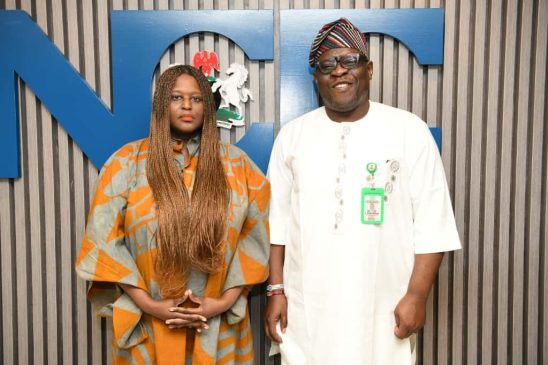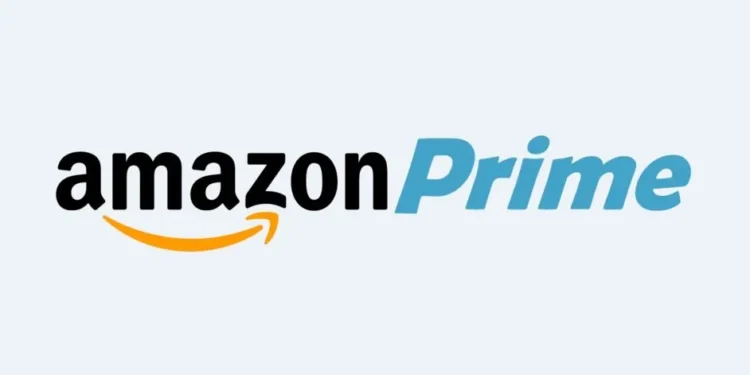In a major win for consumer rights, the Federal High Court in Abuja has dismissed MultiChoice Nigeria’s attempt to validate its recent subscription price increases for DStv and GOtv. Justice James Omotosho delivered the ruling on Wednesday, May 7, 2025, siding with the Federal Competition and Consumer Protection Commission (FCCPC) and reaffirming the commission’s authority to investigate anti-competitive behavior in the pay-TV market.
The decision ends months of legal wrangling and was widely welcomed by consumer advocates, who have long accused MultiChoice of subjecting Nigerian subscribers to unjustified and frequent price hikes.
Background: A Controversial Price Hike
The legal dispute began after MultiChoice announced a fresh round of price increases in February 2025, set to take effect from March 1. Citing inflation, operational costs, and currency depreciation, the pay-TV giant proposed a 20% increase in its DStv Premium package—from ₦37,000 to ₦44,500—and a 25% jump in the Compact bouquet. GOtv packages were also affected, with the Supa Plus plan rising from ₦15,700 to ₦16,800.
The move triggered immediate backlash from consumers and advocacy groups like Save the Consumers, which labeled the increase “exploitative” and “tone-deaf” amid Nigeria’s economic struggles, including inflation rates exceeding 30% and a steep decline in the naira.
Critics also pointed out that while Nigerian subscribers faced repeated price hikes—three in two years—MultiChoice had slashed prices by 38% in its home market of South Africa during the same period. The company was accused of treating Nigerian users as “second-class subscribers.”
FCCPC Steps In
On February 27, 2025, the FCCPC summoned MultiChoice for an investigative hearing, citing concerns about abuse of market dominance and disregard for consumer welfare. The regulator directed the company to suspend the price increase pending the outcome of its inquiry. However, MultiChoice went ahead with the hike, prompting the FCCPC to file a lawsuit in a Lagos court over the breach of regulatory directives.
MultiChoice Seeks Judicial Cover
In response, MultiChoice sought legal protection through an ex parte motion (Case No: FHC/ABJ/CS/379/2025), arguing that Nigeria’s free-market system did not allow for price regulation and that the FCCPC lacked the legal authority to halt its pricing decisions. The company’s counsel, Moyosore J. Onibanjo SAN, insisted that only presidential approval could authorize such oversight.
An affidavit submitted by MultiChoice’s Head of Regulatory Affairs, Gozie Onumonu, defended the company’s pricing as competitive, claiming that DStv Premium cost only $29.81 in Nigeria compared to $85.11 in Kenya. On March 12, Justice Omotosho temporarily restrained the FCCPC from taking action until the court could fully consider the matter.
Final Ruling: FCCPC’s Authority Upheld
At the final hearing, FCCPC counsel Prof. Joe Agbugu emphasized that the case was not about controlling prices but addressing abuse of market power. He argued that MultiChoice’s refusal to comply with regulatory directives demonstrated disregard for consumer rights.
On May 8, Justice Omotosho ruled in favor of the FCCPC, stating that its actions fell within its statutory powers. The court found MultiChoice’s decision to implement price increases during an ongoing investigation both premature and potentially harmful to consumers. The interim injunction was lifted, allowing the FCCPC to resume its investigation and consider possible sanctions.
Public and Industry Reactions
The ruling sparked celebration among consumer groups. Dr. Aliyu Ilias, Executive Director of Save the Consumers, hailed the decision as a “triumph for Nigerian subscribers,” and urged the National Broadcasting Commission (NBC) to open the market to more competition.
On social media platforms like X (formerly Twitter), Nigerians expressed relief and called for alternative service providers to challenge MultiChoice’s dominance.
However, some analysts caution that MultiChoice’s pricing challenges are not entirely self-inflicted. They note the company faces real economic headwinds, including rising content acquisition costs in U.S. dollars and local currency volatility. Without periodic adjustments, they warn, content quality and service delivery could suffer.
As of now, MultiChoice has not announced whether it will appeal the ruling or revise its pricing strategy.
Meanwhile, the FCCPC has vowed to continue its investigation, warning that further regulatory actions may follow if violations are confirmed.















+ There are no comments
Add yours